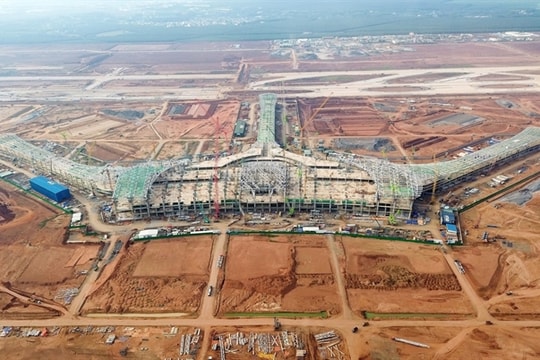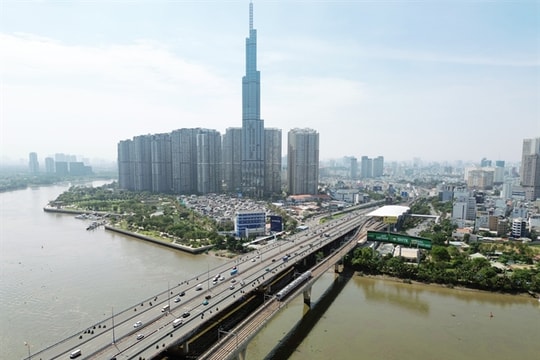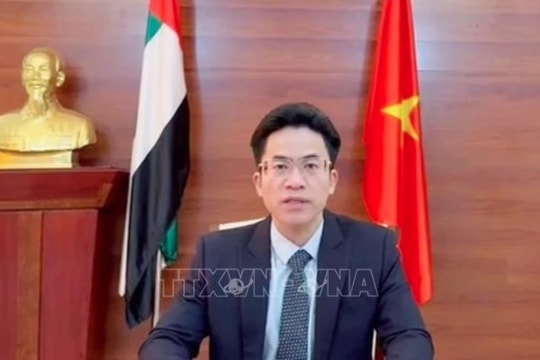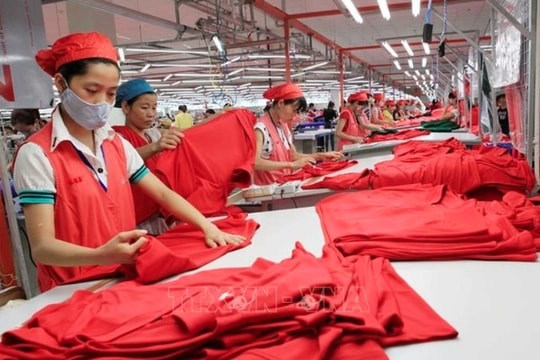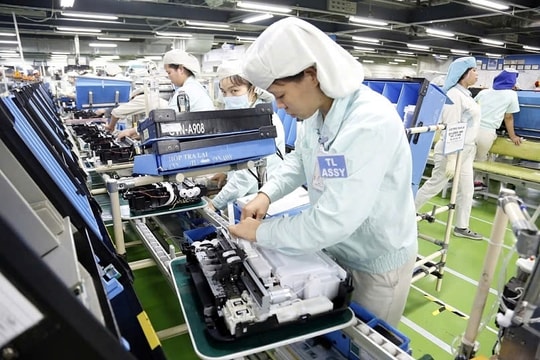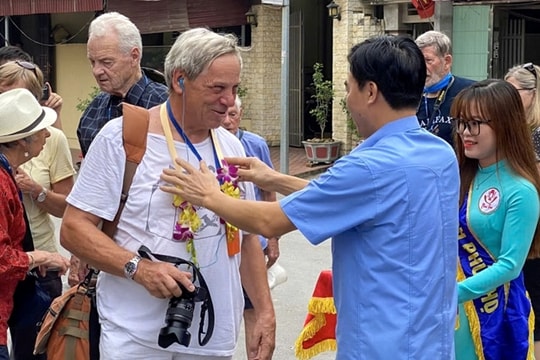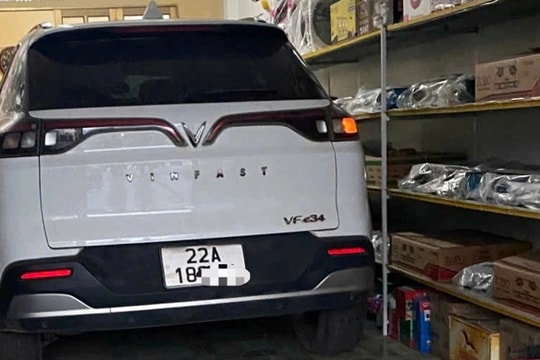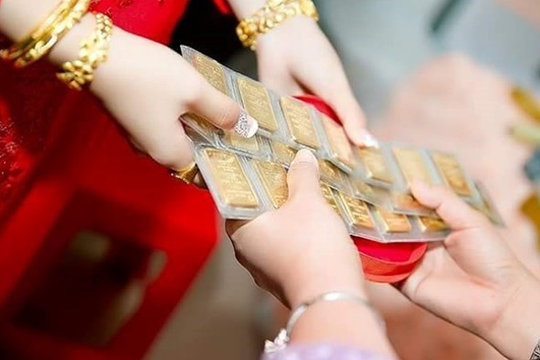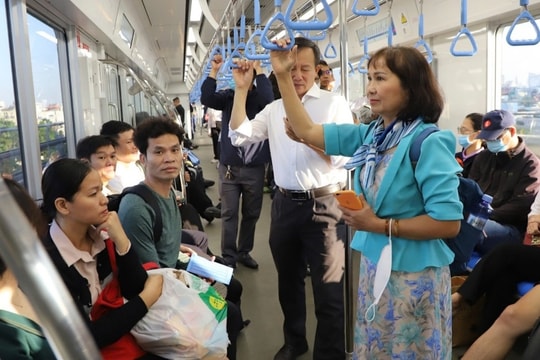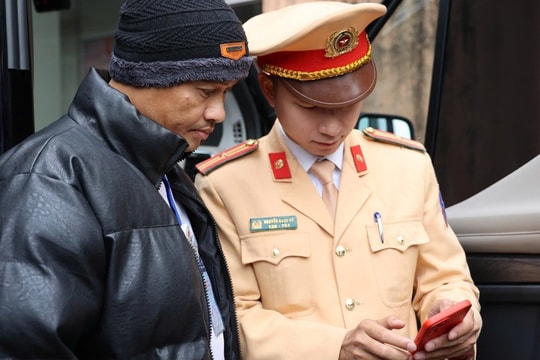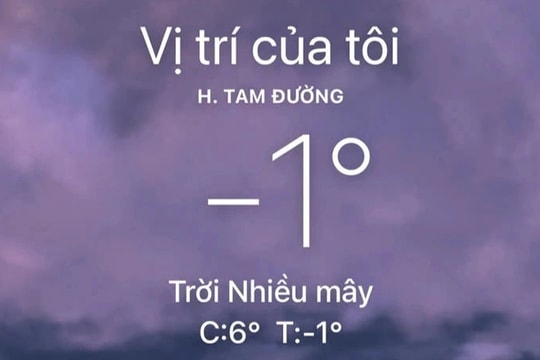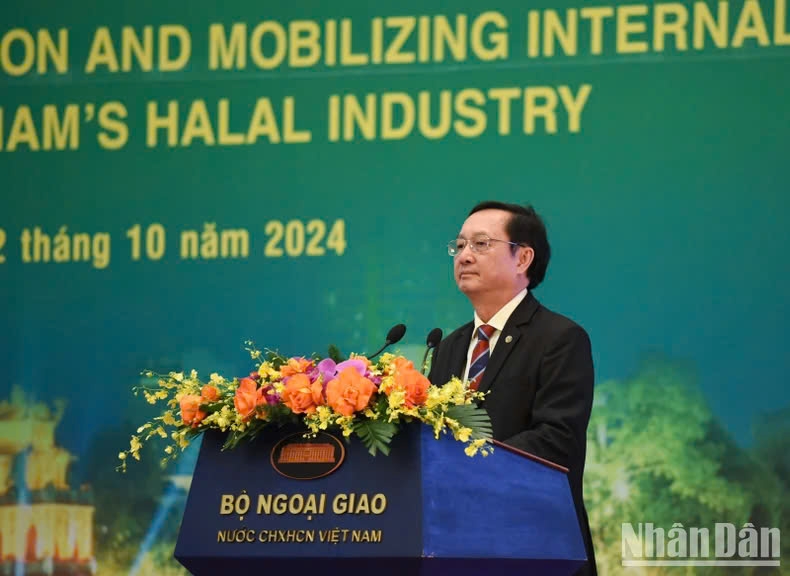
Dat stated that Halal products and services have become increasingly popular and widely used globally in recent years, spanning both Muslim and non-Muslim countries, as Halal products meet various criteria for food safety, sustainability, and eco-friendliness.
This opens up many opportunities for Vietnam, a country that exports a diverse range of products across multiple sectors, said the minister.
According to the minister, the Halal industry in Vietnam is gaining more attention for development, especially with the establishment of the Vietnam Halal Certification Authority by the Ministry of Science and Technology in 2024 that will facilitate businesses in producing and exporting Halal products from Vietnam.
He affirmed that his ministry will collaborate with relevant agencies both domestically and internationally to form a sustainable Halal ecosystem in Vietnam.
Taking the floor, Dr. Mohamed Jinna, chairman of Halal India, pointed out that the global Halal economy is valued at over US$2 trillion, presenting tremendous opportunities for economic growth, trade expansion, and investment attraction.
He commended Vietnam for laying the groundwork for global cooperation in the Halal industry, emphasizing that this is a visionary path that the country has pursued.
To fully capitalize on this market’s potential, Dr. Jinna suggested that Vietnam meet the highest standards for Halal certification, saying products not only meet requirements but also earn the trust of Muslim consumers worldwide.
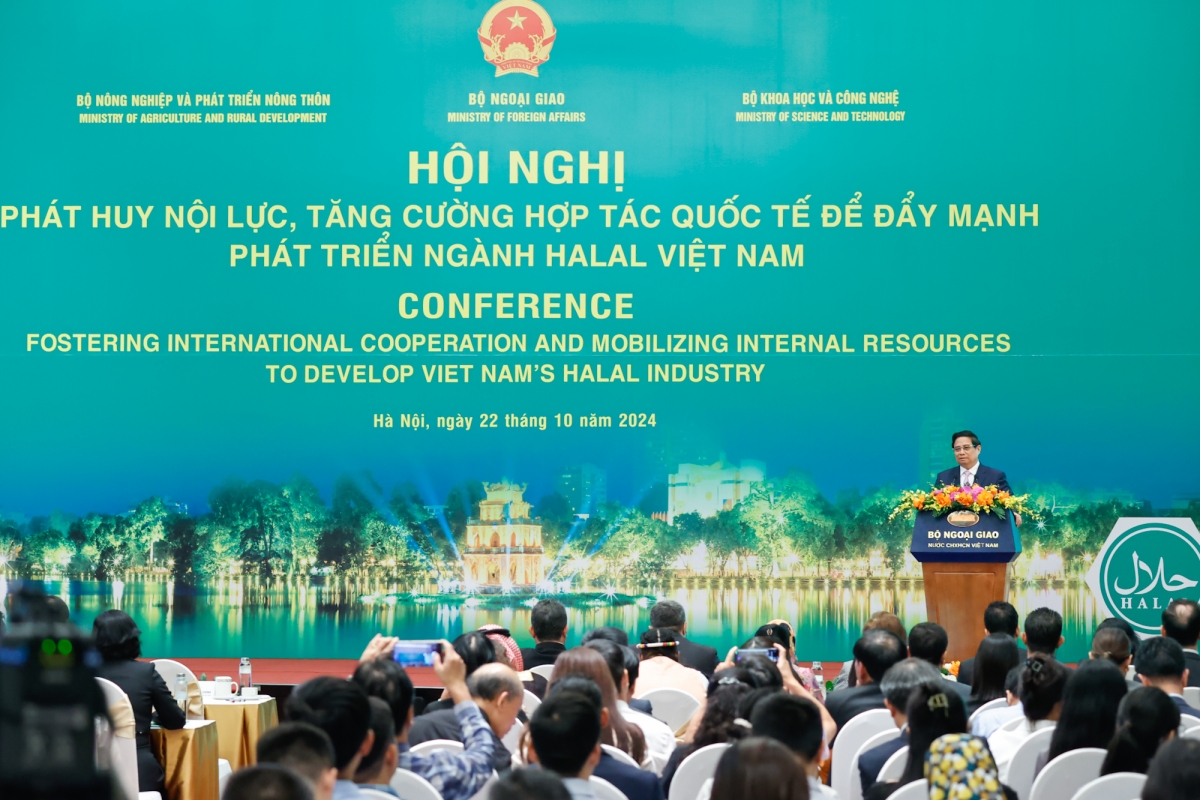
In his speech, Prime Minister Pham Minh Chinh affirmed that Vietnam aims to develop its Halal industry into a true strength, positioning the country as an indispensable destination on the global Halal map and a key link in the supply chain of Halal products and services worldwide.
According to the PM, Vietnam has significant advantages for developing its Halal industry and deeper participation in global Halal supply chains. The country’s agriculture plays a crucial role in ensuring global food security, with many staple agricultural products fully meeting Halal standards, such as seafood, black pepper, cashews, coffee, and rice.
Vietnam is one of the world’s leading exporters of agricultural, forestry, and fishery products, with a value exceeding US$53 billion in 2023, and nearly US$47 billion in the first nine months of 2024. It has strong potential for tourism development, including Halal tourism, thanks to its extensive coastline of over 3,000 kilometers, diverse ecosystems, and numerous bays and beaches rated among the most beautiful in the world.
Vietnam has established diplomatic relations with 194 countries and territories worldwide, including 32 strategic and comprehensive partners. It has engaged in more than 70 important regional and international organizations and maintained good cooperation with the global Muslim community. The country has signed free trade agreements with more than 60 countries worldwide and it is a large market of more than 100 million consumers.
He called on foreign businesses to continue investing in the country, and vowed to support their operations towards a win-win approach.
The PM also revealed that he will embark on an official visit to the UAE, Qatar, and Saudi Arabia in late October 2024, with cooperation in the Halal industry to be a key focus of the discussions.



